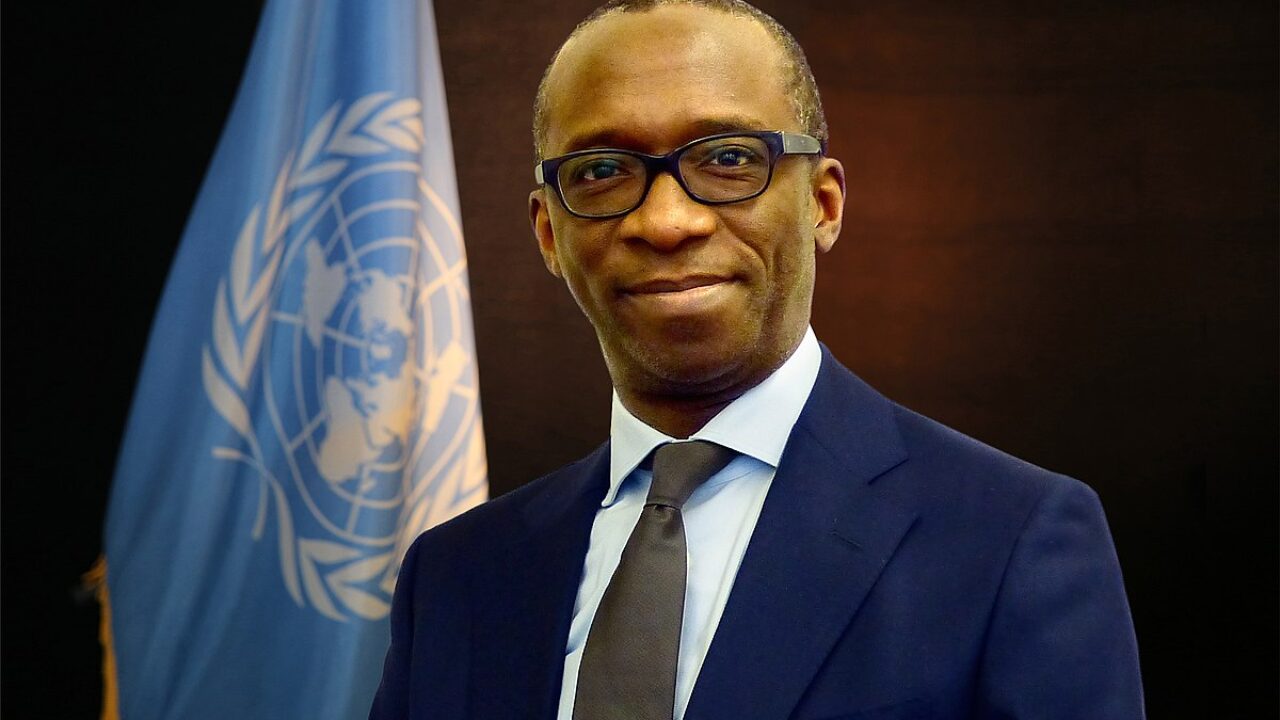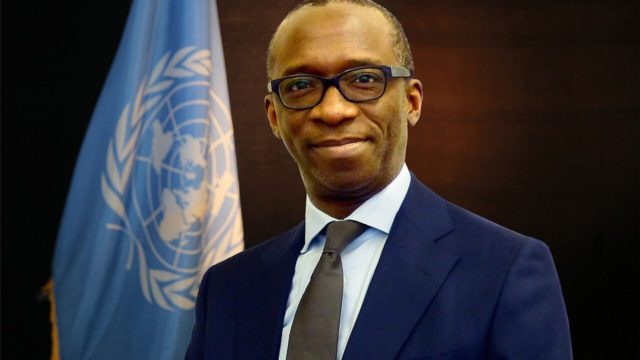
There is virtually no student of law alive in Nigeria today, who has not heard of the name, “Elias”. From T.O. Elias to G. Elias to Femi Elias — there is an outstanding sense of admiration and ambition that comes with those names. For the unlearned, as lawyers would call the rest of us, the names are still an unmistakable scent of nobility.
Taslim Olawale Elias (GCON) — the T.O. Elias — was the very first attorney general and chief justice of Nigeria. This Elias was a man of many firsts; In 1949, he became the first African to earn a Ph.D. in law from the University of London. By 1982, he had risen to become the first African to be the president of the International Court of Justice (ICJ) at The Hague.
Taslim Elias, who also helped draft Nigeria’s first constitution, served as the dean of faculty of law at the University of Lagos at the time he was chief justice of the federation. He was not just an outstanding legal icon, he was a man admired and mirrored by his offsprings.
His son, Gbolahan Elias, runs the leading corporate commercial law firm in Nigeria. Oxford-trained Gbolahan Elias is also a visiting professor at Babcock University, an advisor on the biggest bond offering in Nigeria’s history, and has 15 years under his belt as a senior advocate of Nigeria (SAN).
Folake Elias-Adebowale, another first-class Elias, is a partner at Udo Udoma & Belo-Osagie, one of the leading law firms in Nigeria. She co-heads private equity, corporate advisory and oil and gas teams at the firm. The Oxford-trained lawyer is the co-chair of the African Venture Capital Association (AVCA’s) legal and regulatory committee.
ENTER ‘FEMI ELIAS

Femi Elias
While the legal ink flows in the family, the offsprings of Elias have earned their place at various levels of practice in and outside the nation. Femi Elias started his education at Corona School in Nigeria, before proceeding to Igbobi College to join a long line of achievers in Nigeria.
Upon graduation, [Femi] Elias went on to earn a Bachelor of Arts in Jurisprudence from the University of Oxford, a Master of Law in international law from the University of Cambridge, and a doctorate in international law from University College London (UCL). He is a member of the Nigerian Bar.
As a practising international law expert and academic, Femi Elias has written and edited numerous books on international law. He was previously a lecturer in international law at King’s College London, and has also taught international law at other universities around the world. He is currently a visiting professor at Queen Mary University of London, one of the best schools of law in the UK, which boasts of nine Nobel Laureates amongst its alumni, current and former staff.
Professionally, he served as a senior legal officer at the Organisation for the Prohibition of Chemical Weapons at The Hague. He went on to become a director at the Nobel-winning organisation. Elias also served as the executive secretary of the World Bank Administrative Tribunal, the independent judicial forum of last resort for the resolution of cases by World Bank staff.
In 2017, Elias was appointed by António Guterres, the UN secretary-general, as an Assistant Secretary-General of the UN and the registrar of the International Residual Mechanism for Criminal Tribunals, a court established by the United Nations Security Council. He is the first and only Nigerian to have led the court.
THE RACE TO LEAD ICJ

ICJ Justices
Femi Elias is Nigeria’s nominee to lead the International Court of Justice, one of the six principal organs of the United Nations. ICJ, also known as the World Court, was set up in 1945 — after World War II — to settle disputes within states, in line with international law.
The ICJ is a panel of 15 judges elected by the UN General Assembly and Security Council for nine-year terms. An election for a seat at the court is expected to hold in November 2020.
Elias is up against Uganda’s Julia Sebutinde and Emmanuel Ugirashebuja from Rwanda. Sebutinde is a sitting judge at the court, who is currently serving out a nine-year term which started in 2012. She is seeking re-election for another nine years.
Ugirashebuja is the President of the East African Court of Justice (EACJ), a position he has held since 2014. Prior to his appointment as EACJ, he served as dean of the Law School, University of Rwanda.
Elias, the only nominee from West Africa, is seen as one of the most accomplished international law experts from Nigeria. He is the second Nigerian to be elected to the Institut de Droit International (Institute of International Law) since it was founded 147 years ago. The institute, which won the Nobel prize in 1904, is considered the leading private body of international lawyers of repute.
If elected, Femi Elias, who is also the secretary-general of the African Association of International Law, will be the fourth Nigerian to sit at the ICJ, after Charles Onyeama, justice of the supreme court of Nigeria and father of foreign affairs minister Geoffrey Onyeama; Bola Ajibola, former attorney general and minister of justice; and Taslim Elias.
FEMI ELIAS CHANCES

The World Court
Of the 15 seats at the ICJ, Africa traditionally occupies three of those. Currently, there are three Africans at the court, Abdulqawi Yusuf, the president of the court, Mohamed Bennouna, and Julia Sebutinde. They are from Somalia, Morocco, and Uganda — representing north and east Africa.
Geographically, East Africa currently occupies two of the three positions at the court, and the region is also fielding two candidates for election when one of those seats become vacant. In contrast, West Africa is not represented at the Court, and Nigeria’s last presence at the court was in 1994, with Bola Ajibola sitting as one of the justices.
The regional balancing favours Elias’ candidacy.
As seen in the race to choose the director-general of the World Trade Organisation (WTO), the African Union has a challenge picking a sole African candidate. If the AU picks Sebutinde, this would mean another nine years for her at the ICJ, extending her time to 18 years at the bench — and keeping two East Africans at the court. If the continent backs Rwanda, the result is the same regional imbalance.
On merit, Elias is also believed to be one of the most qualified, considering his vast experience at the top level of the UN system. From World Bank Administrative Tribunal to the United Nations Compensation Commission, and most recently the International Residual Mechanism for Criminal Tribunals.
In 2018 he was awarded an honorary life membership award by the American Society of International Law (ASIL) for his distinguished contributions to international law.
He is considered Nigeria’s best chance at this sort of history. When you think Pierre Trudeau and Justin Trudeau, you can also think Taslim Elias and Femi Elias. Father and son making a difference across generations.
Source: The CableNG







